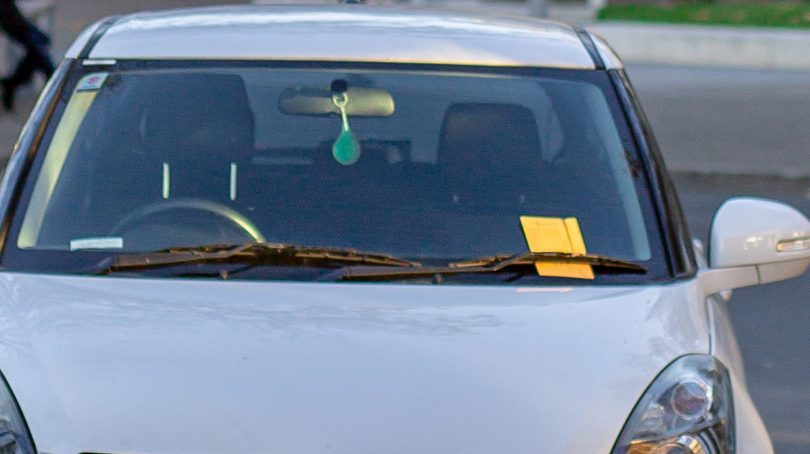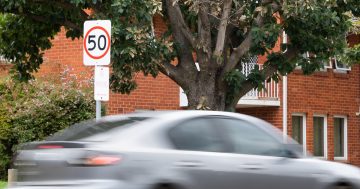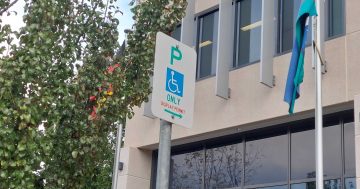
Fines and infringements shouldn’t disproportionately penalise people just because they earn less money than others. Photo: File.
This election there will be a lot of talk about the cost of living in Canberra. And while most of us have times when we really feel the pressure of competing bills, there is no doubt that the most significant financial pressure is felt in the lowest income households in Canberra.
Given this, it is vital that we ensure that our infringement penalty system is fair and doesn’t further disproportionately penalise people just because they earn less money than others. A current push to make our infringement penalty system in the ACT fairer is one way we can do this. It’s a move that will ensure that people in the lowest income households aren’t unintentionally forced into undue financial hardship if they receive an infringement.
While most people do the right thing, most of us have made the occasional mistake and been the subject of a parking fine or other penalty. This is annoying and frustrating but it doesn’t create major issues when it’s time to pony up and pay the fine.
For some households, however, it’s a catastrophic event. With budgets so tight covering essential items such as housing, utilities, transport, food and health costs, even a relatively small fine can mean not enough food on the table, or an inability to pay for medicines or the winter electricity bill.
Amendments to the law introduced by the ACT Greens last month aim to make the system fairer.
It provides the opportunity for payment plans to be introduced to a much wider range of penalties. This recognises that a big one-off unexpected bill can be unmanageable, but when people have time to plan, it can be more practical and realistic. The changes provide the option for penalties to be worked off or paid through voluntary work and other contributions. This recognises that for some people they may have few financial resources but may be able to provide their labour for social good.
Finally, the new changes also provide the ability in some circumstances for penalties to be waived. There are some circumstances where there are no realistic prospects of being able to recover the fine, and a recognition that given the nature of the penalty it is not beneficial to pursue payment.
This isn’t about letting some people off from paying penalties. Rather, it’s about recognising the very different impact of these types of penalties on different types of households. This is not a new consideration, and in some countries, they have gone so far as to introduce income-based traffic fines. This approach aims to ensure a proportionate impact on all people subject to these fines, rather than the same penalty applying independent of whether or not you are a millionaire or a low-income earner.
We also know that disadvantage can increase the likelihood of being fined.
If you are homeless and sleeping rough for instance, you are more likely to be attracting the attention of the authorities, may not have access to resources and more likely to undertake activity that may be subject to fines and penalties. We also know that if you are disadvantaged, you are more likely to accrue multiple fines, have less capacity to pay these fines, and face significant debt from mounting penalties. The proposed changes to how we administer our infringement penalty system will take some pressure off those who are most greatly impacted.
I think it’s important that we ensure our infringement penalty system is fair and doesn’t further penalise people at the lower end of the income scale. What are your ideas about how to make our infringement penalty system fairer?
Rebecca Vassarotti is an ACT Greens candidate in the upcoming Territory election.




















